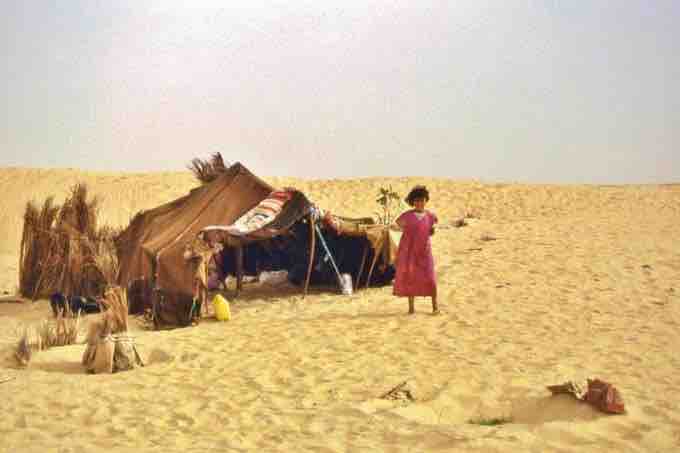Culture (Latin: cultura, lit. "cultivation") is a modern concept based on a term first used in classical antiquity by the Roman orator, Cicero: "cultura animi. " The term "culture" appeared first in its current sense in Europe in the 18th and 19th centuries, to connote a process of cultivation or improvement, as in agriculture or horticulture. In the 19th century, the term developed to refer first to the betterment or refinement of the individual, especially through education, and then to the fulfillment of national aspirations or ideals. In the mid-19th century, some scientists used the term "culture" to refer to a universal human capacity.
In the 20th century, "culture" emerged as a central concept in anthropology, encompassing the range of human phenomena that cannot be attributed to genetic inheritance. Specifically, the term "culture" in American anthropology had two meanings: (1) the evolved human capacity to classify and represent experiences with symbols, and to act imaginatively and creatively; and (2) the distinct ways that people living in different parts of the world acted creatively and classified or represented their experiences. Distinctions are currently made between the physical artifacts created by a society, its so-called material culture and everything else, including the intangibles such as language, customs, etc. that are the main referent of the term "culture. "
The origin of language, understood as the human capacity of complex symbolic communication, and the origin of complex culture are often thought to stem from the same evolutionary process in early man. Evolutionary anthropologist Robin I. Dunbar has proposed that language evolved as early humans began to live in large communities that required the use of complex communication to maintain social coherence. Language and culture then both emerged as a means of using symbols to construct social identity and maintain coherence within a social group too large to rely exclusively on pre-human ways of building community (for example, grooming).
However, languages, now understood as the particular set of speech norms of a particular community, are also a part of the larger culture of the community that speak them. Humans use language as a way of signalling identity with one cultural group and difference from others. Even among speakers of one language, several different ways of using the language exist, and each is used to signal affiliation with particular subgroups within a larger culture.

Nomads
Anthropologists rejected the idea that culture was unique to Western society and adopted a new definition of culture that applied to all societies, literate and non-literate, settled and nomadic.